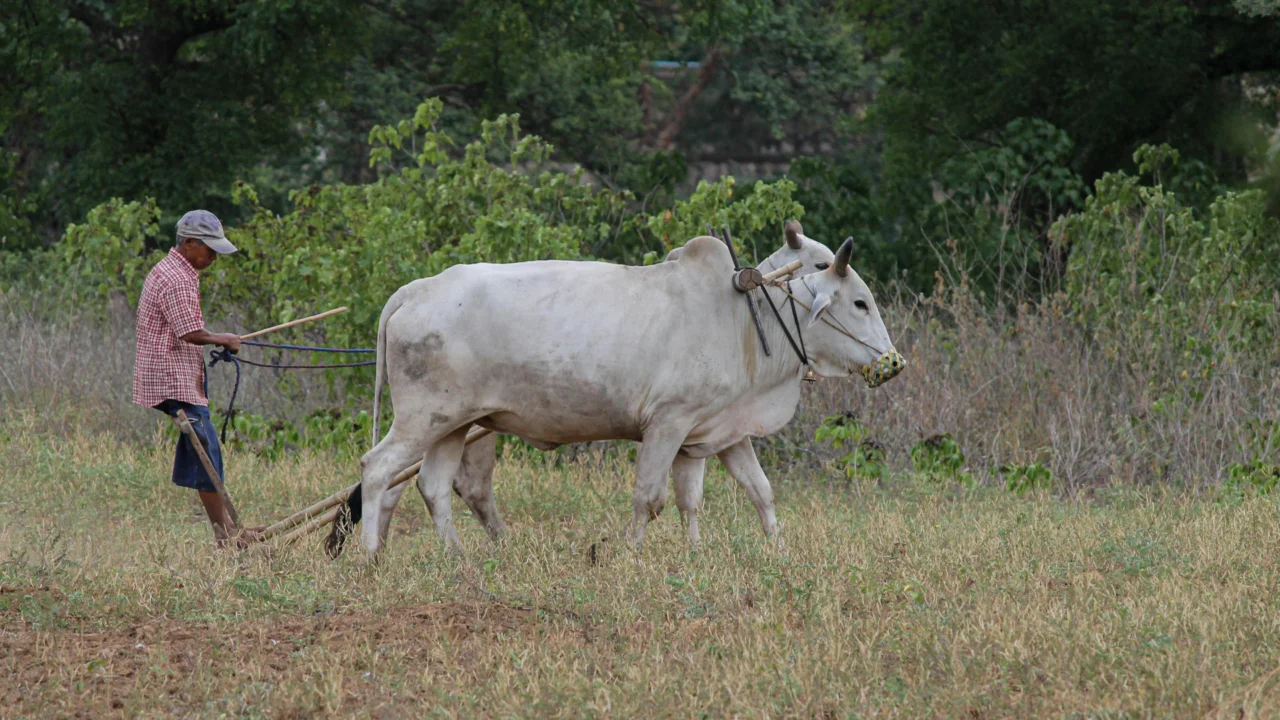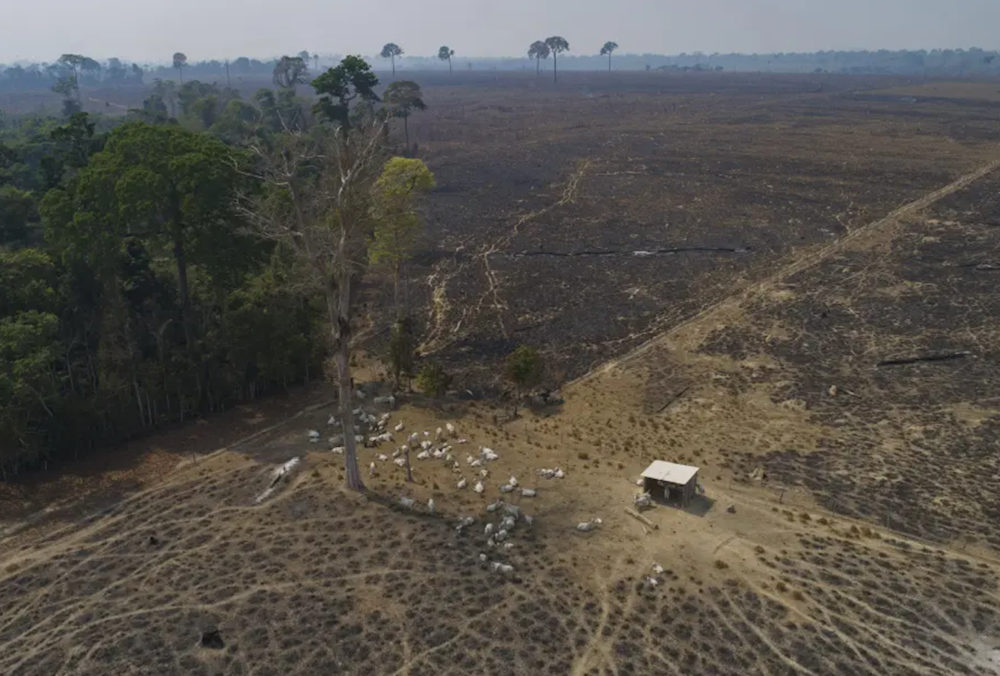A Brazilian cattle rancher, Dirceu Kruger, has been ordered by a federal court to pay over $50 million for illegally deforesting parts of the Amazon rainforest. This landmark case, brought by Brazil’s attorney general’s office and the Brazilian Institute of Environment and Renewable Natural Resources (Ibama), represents the largest civil action for climate crimes in the country.
It marks the beginning of a legal effort to repair and prevent further damage to the Amazon, a crucial carbon sink for the global climate.
Kruger had previously been fined by Ibama for destroying 5,600 hectares of public land in the Amazon municipalities of Boca do Acre and Lábrea. He used chainsaws to clear vegetation, followed by setting fires and planting grass to create cattle pasture.
Satellite imagery documented the extensive damage, and Kruger admitted his actions on film. The court found that his deforestation activities emitted approximately 901,600 tonnes of carbon dioxide.

The court determined the value of the climate damage at €60 ($65/£50) per tonne, a figure derived from the social cost of carbon as calculated by the US Environmental Protection Agency and the Organization for Economic Cooperation and Development (OECD).
This valuation resulted in a total of 292 million Brazilian reais ($50 million) in damages. Kruger’s assets have been frozen, and he faces various restrictions, including bans on receiving government finance, selling cattle and agricultural products, and purchasing machinery.
In addition to financial penalties, Kruger is required to restore the degraded land to its former state as a carbon sink. The court emphasized that financial compensation is critical for addressing climate damage since the harm cannot be entirely undone. This case is intended to set a precedent for future actions against those who illegally destroy Brazilian biomes.
Brazil’s attorney general’s office plans to continue pursuing legal actions to address climate damage, with the goal of meeting national emission targets. Mariana Cirne of the national prosecutor’s office highlighted the importance of holding individuals accountable for illegal emissions to ensure climate justice.
Similar cases are progressing through Brazil’s judicial system, including actions against companies involved in illegal deforestation. The Brazilian courts are increasingly recognizing the cumulative impact of greenhouse gas emissions and the societal costs, aiming to deter future illegal activities.

